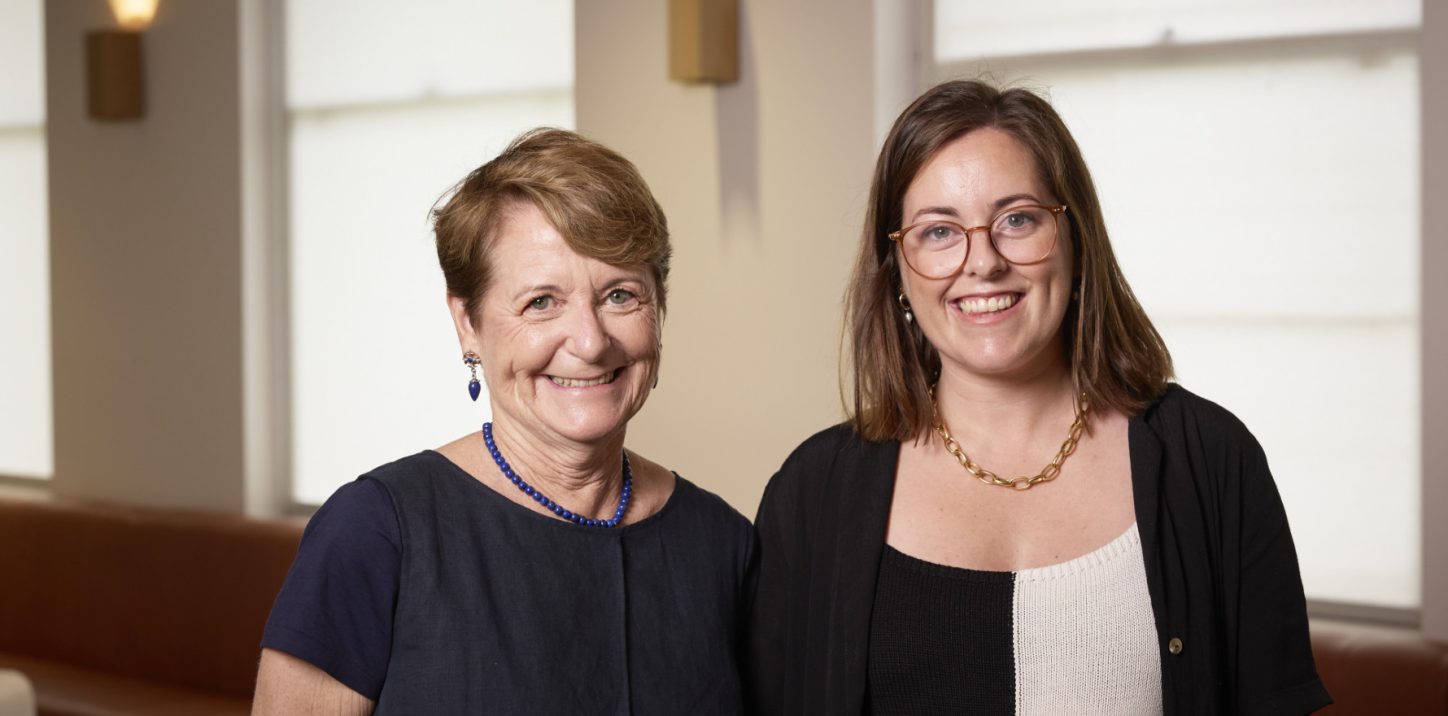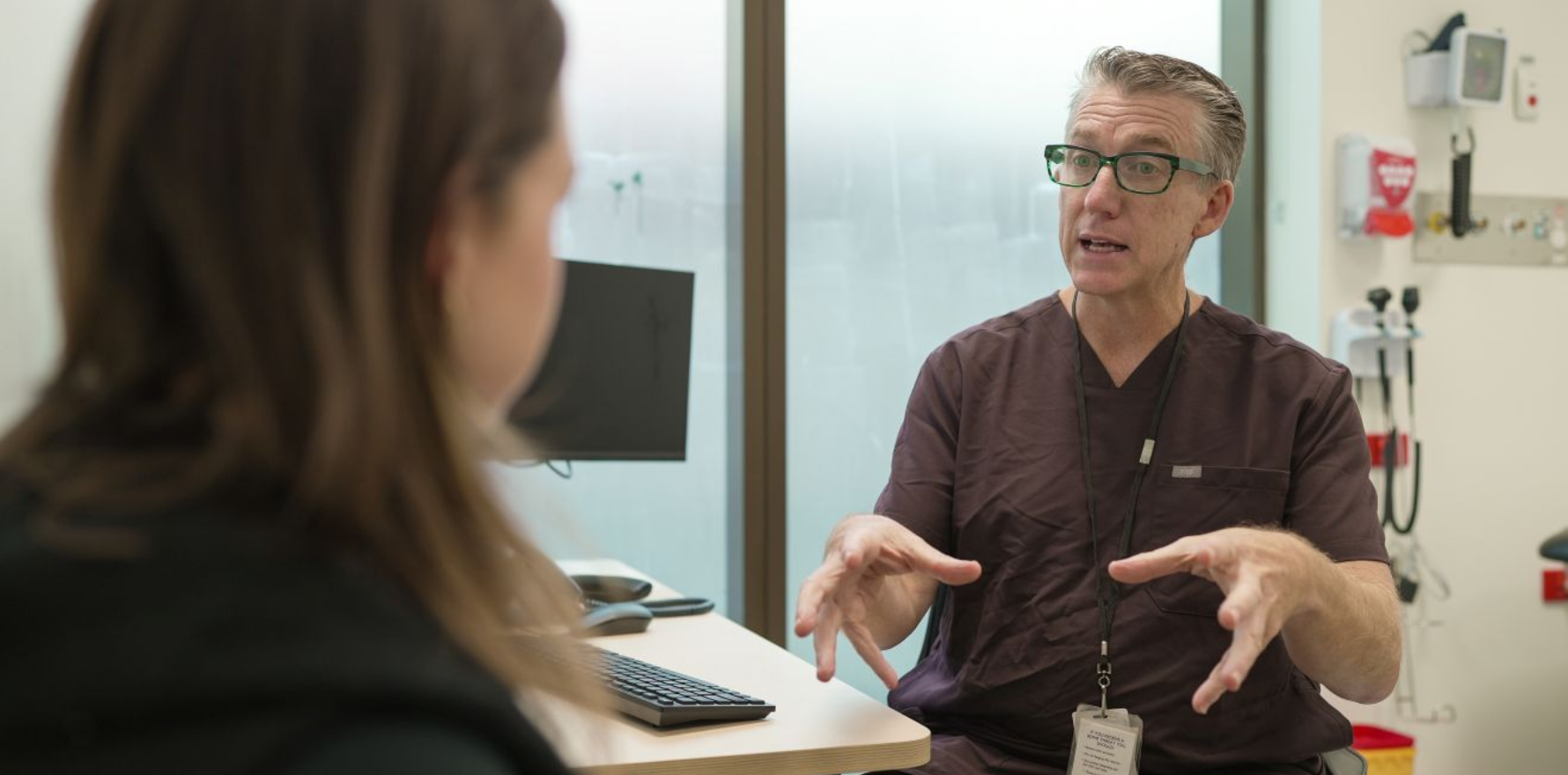The Ainsworth family money – the biggest donation to women’s health ever made by an Australian family – will establish the centre at UNSW to hasten advancements in diagnosis and treatment.
Endometriosis affects millions worldwide, and one in seven Australian women, but research has been woefully underfunded – until now.
The philanthropic Ainsworth family has donated $50 million to open the Ainsworth Endometriosis Research Institute at the University of NSW to bring together groups of scientists, clinicians and philanthropists from around the world who are focussing on endometriosis and fast-track their breakthroughs.
The institute’s activities are expected to have global ripples.
“Australia once again leads the globe as a role model for prioritising endometriosis awareness, knowledge, and patient-centred advocacy,” said the president of the World Endometriosis Society, Professor Stacey Missmer.
“Establishment of the AERI with this dedicated funding will energise and rapidly leap forward paradigm-shifting discoveries.”
The clinical director of the centre is leading clinician and researcher Professor Jason Abbott.
“Having cared for those with endometriosis for three decades it is clear to me that we must go beyond the surgery and current medical treatments to understand the disease processes,” Professor Abbott said.
“AERI is the most significant commitment to endometriosis research that I have ever seen. The donation from the Ainsworth family provides surety to endometriosis researchers, will drive program-driven scientific discoveries and pave the way for generational change for anyone who has, or knows someone with endometriosis.
“We’re 50 years behind with regards to endometriosis, compared to, say, something like breast cancer, where now we understand that it’s not just one type of cancer that causes problems in women. It’s many different types.
“The same is true, we think in endometriosis, simply because it presents in so many varied ways.
“If I think about what I was taught as a medical student decades ago in breast cancer, that’s really where we are now with endometriosis, and the establishment of this Institute will mean that we’re going to change the course of endometriosis for decades to come.”
Related
Professor Caroline Ford, who currently leads the Gynaecological Cancer Research Group at UNSW, will be the centre’s scientific director. She said a lack of investment in research had led to insufficient understanding of endometriosis biology and pathogenesis, which was needed to inform diagnosis and treatment.
“The aim of AERI is to enable a precision medicine approach to endometriosis detection, treatment and management,” she said.
“Each person’s endometriosis is unique and for the best results, treatment needs to be personalised. We have seen how effective this approach can be in cancer treatment and will be applying many of the successful strategies here, such as the power of genomics and targeted treatment.
“In order for doctors to deliver precision medicine they need a solid evidence base to support their decisions.”
The $50 million donation is the largest ever made by any family in Australia to women’s health and in the world to endometriosis research.
Two of its members, mother and daughter Anna and Lily Ainsworth (pictured below), live with endometriosis.

“I’ve had endo pain since I was 15 years old. While my fertility hasn’t been impacted, I experience chronic, daily pain and severe flare ups that debilitate me for days or weeks on end,” Lily Ainsworth said.
“Like many others, endometriosis has affected my education, my career, my relationships, my family, and dictates how I go about each and every day.
“This reality is shared with millions of people living with endo around Australia and the world. We believe this can change.
“The AERI is more than an exceptional research institute; it is hope. Hope for those living with endometriosis now and in the future, that they will be able to live full, happy and healthy lives.”




